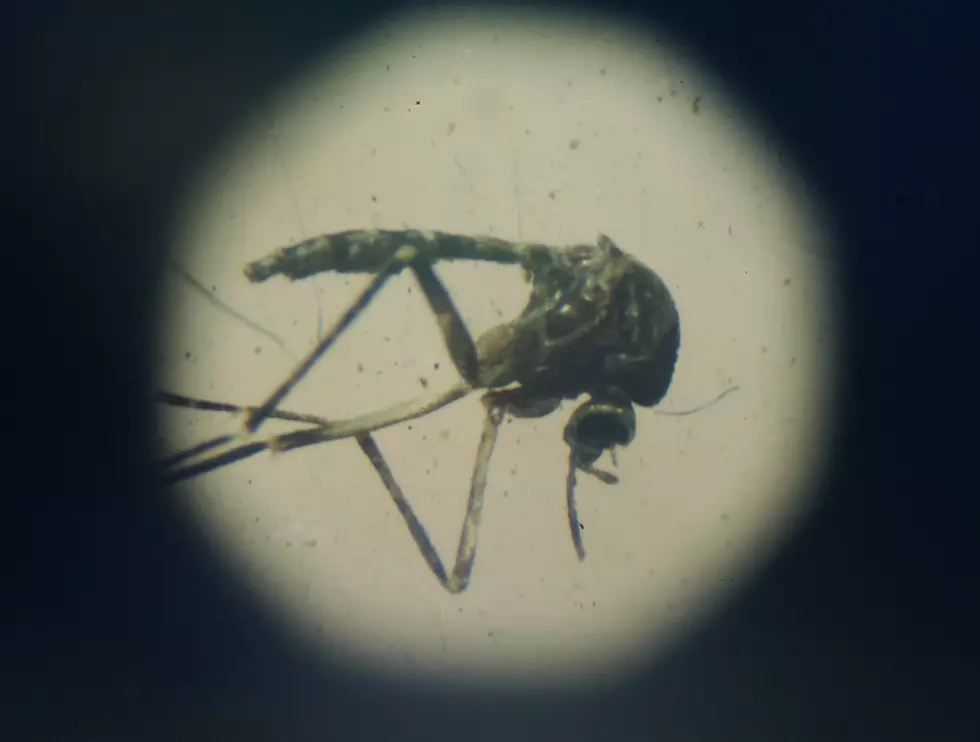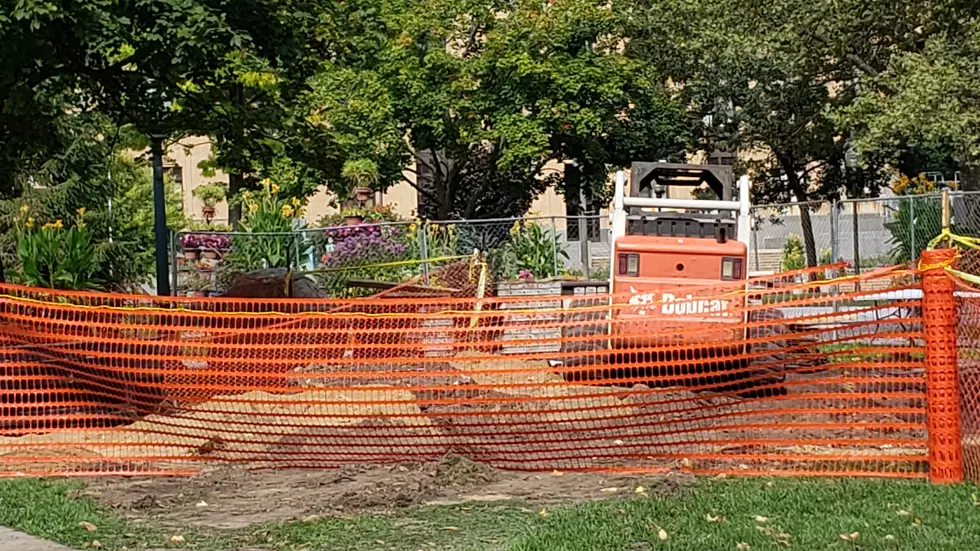
KPS Sends Letter To Parents After 2 Confirmed Human Cases Of EEE
The outbreak of Eastern Equine Encephalitis (EEE) that started last month, and killed several horses, has now been confirmed in two people. Those cases have prompted the Kalamazoo Public Schools to send a letter to all the parents in the school district.
The letter outlines what can be done to prevent humans from being bitten by mosquitoes carrying the disease. The letter notes that the only way to get EEE is by mosquito bite. It does not get transferred from horse to human or human to human.And, it points out that persons below the age of 15 or above the age of 50 have great risk of developing
a severe infection.
Early symptoms of EEE include the sudden onset of headache, high fever, chills, body and joint aches. Symptoms usually appear 4-10 days after exposure. EEE can develop into severe encephalitis (brain swelling), resulting in headache, disorientation, tremors, seizures and paralysis. Permanent brain damage, coma and death may also occur in some cases. Most people who are infected with the virus that causes EEE do not become ill. - KPS letter
The letter gives advice on how to avoid mosquito bites:
- Use insect repellents with one of the following active ingredients: DEET, picaridin, IR3535, oil of lemon eucalyptus or para-menthane diol, and 2-undecanone; follow the product label instructions and reapply as directed.
- Don’t use repellent on children under 2 months old. Instead dress your child in
clothing that covers arms and legs and cover crib, stroller and baby carrier with
mosquito netting. - Wearing shoes and socks, light-colored long pants, and a long-sleeved shirt when outdoors.
- Making sure doors and windows have tight-fitting screens.
- Repair or replace screens that have tears or other openings.
- Using bed nets when sleeping outdoors or in conditions with no window screens.
- Eliminating all sources of standing water that can support mosquito breeding around your home, including water in bird baths, abandoned swimming pools, wading pools, old tires and any other object holding water once a week.
- Use nets and/or fans over outdoor eating areas.
- Avoid outdoor activities from dusk until dawn when the mosquito species that transmits the EEE virus to humans is most active.
More From WKMI








![35 Years Ago Today, The Tigers Won The A.L. East Title [Video]](http://townsquare.media/site/46/files/2019/09/hqdefault4.jpg?w=980&q=75)
